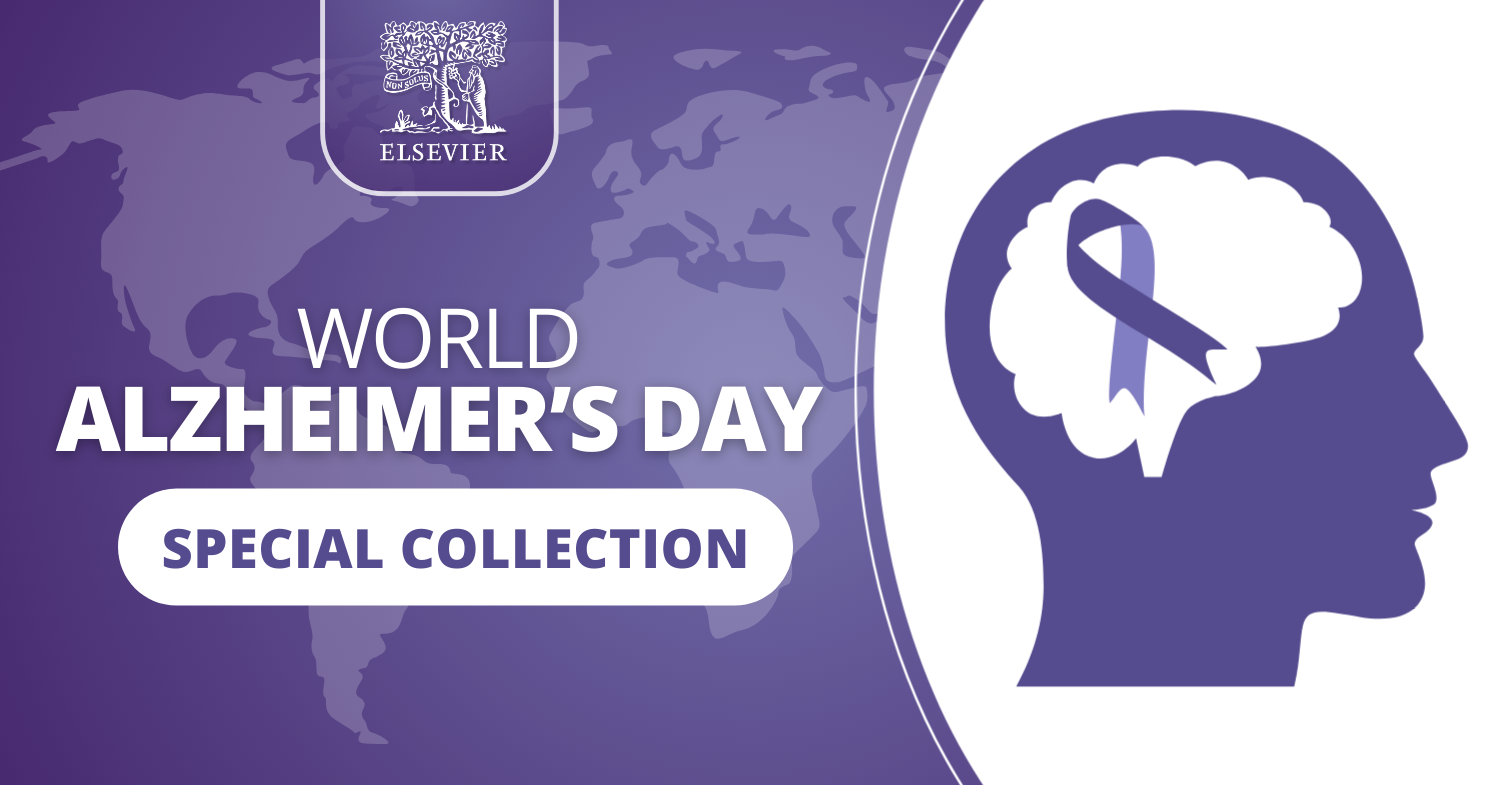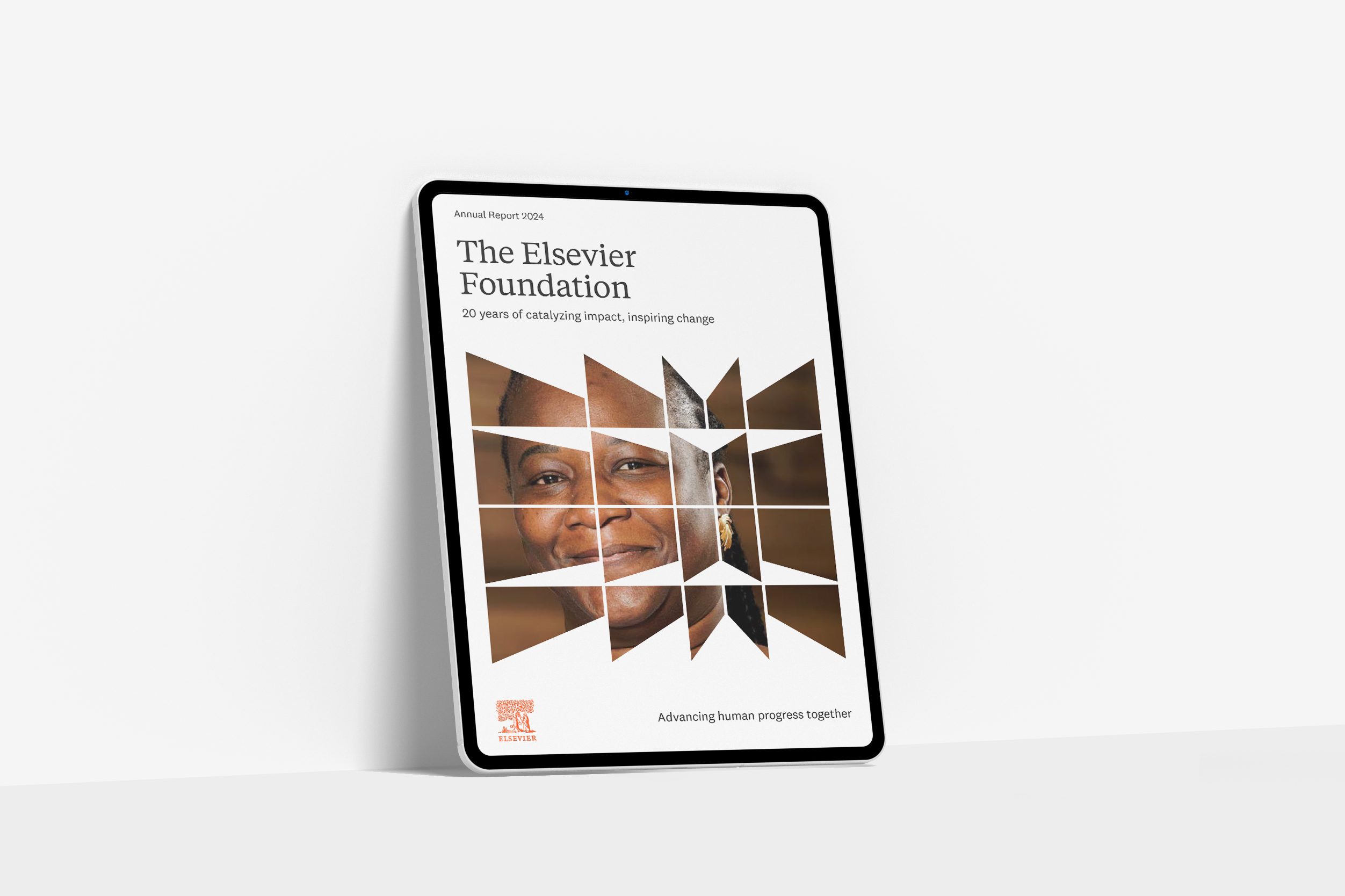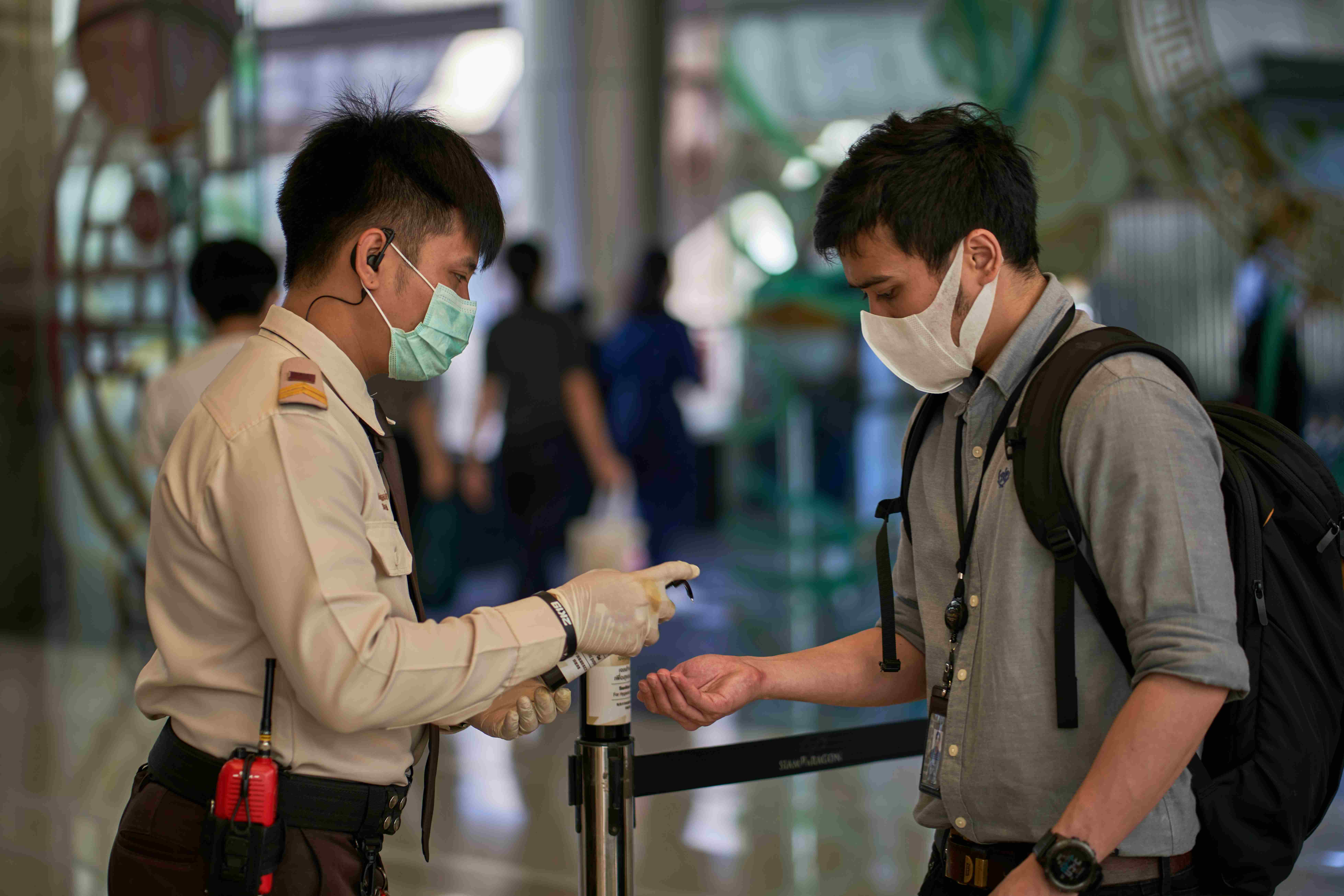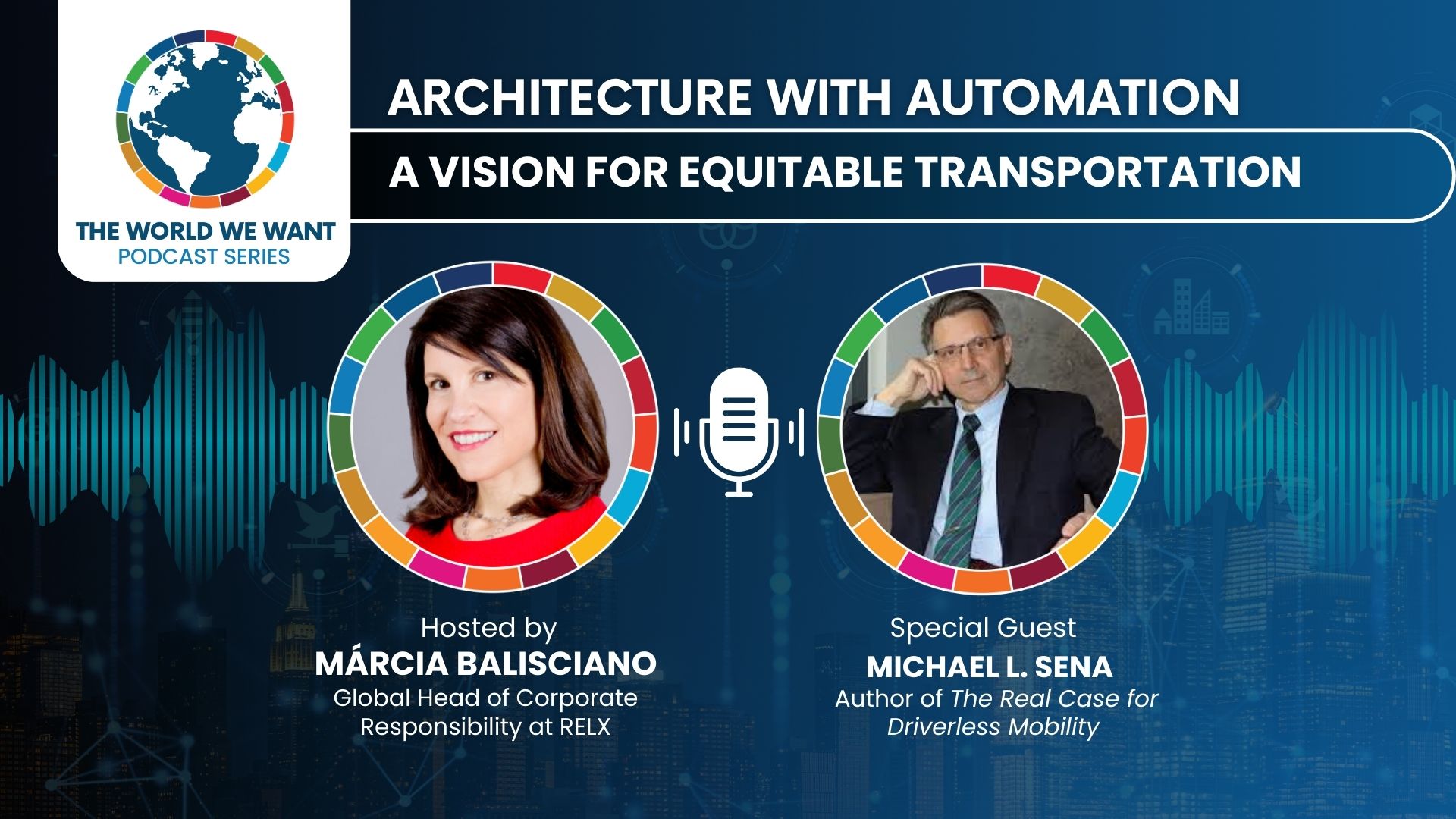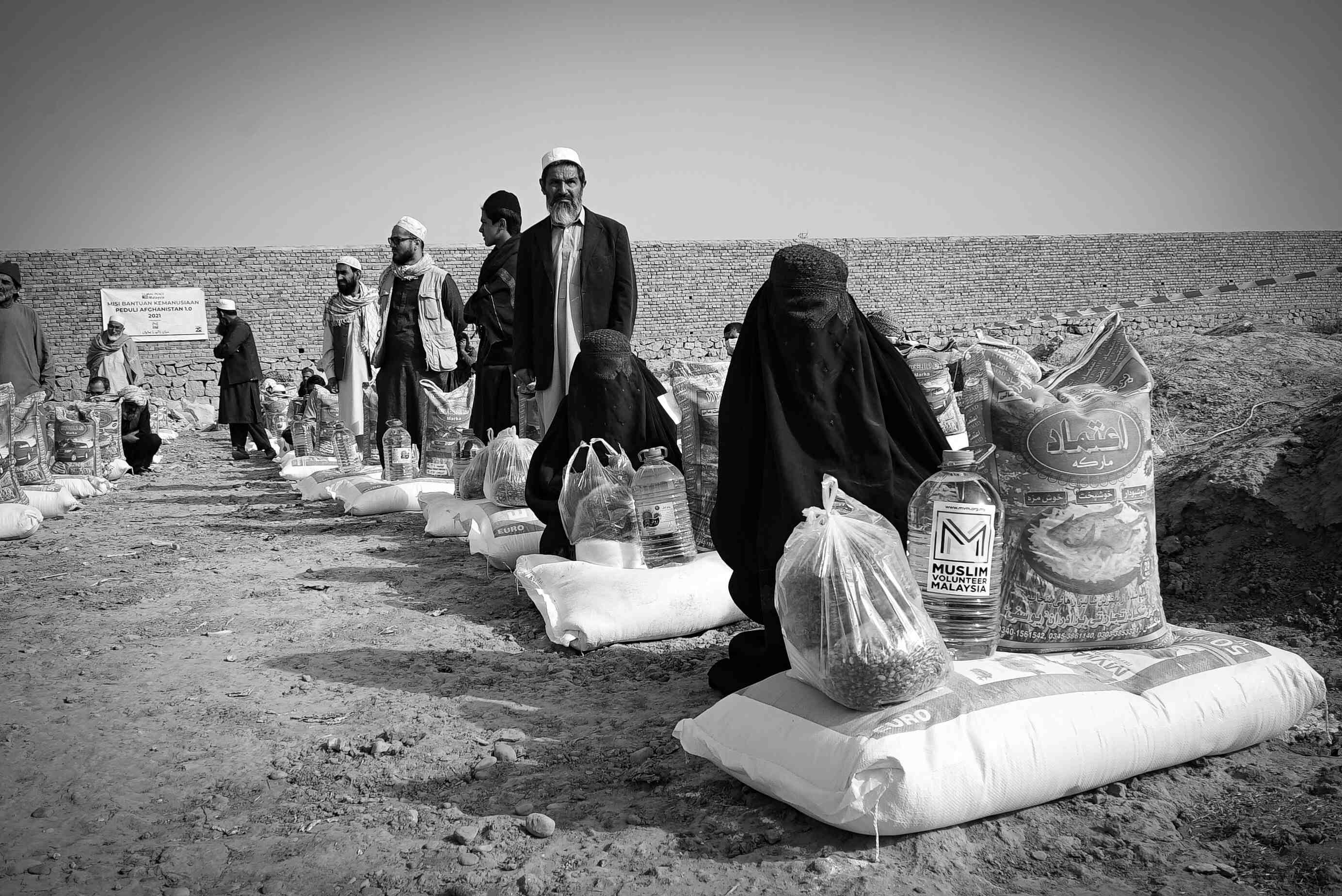Access to health care is a fundamental component in achieving the Sustainable Development Goals (SDGs), particularly SDG 3, which aims to ensure healthy lives and promote well-being for all at all ages. Health care access is not just about the availability of health facilities, medicines, and qualified health care professionals, but also encompasses affordability, accessibility, and quality of these services. It is intrinsically linked to various other SDGs, reflecting the interconnected nature of health and broader sustainable development.
Firstly, the availability of comprehensive, quality health care services is crucial. This includes preventive, curative, rehabilitative, and palliative care across all life stages. However, availability alone is insufficient; these services must be accessible physically and financially to everyone, regardless of their socioeconomic status. This aspect highlights the importance of SDG 1 (No Poverty) and SDG 10 (Reduced Inequalities) in achieving health-related goals. Financial barriers, such as high out-of-pocket expenses, can impede access to health services, leading to disparities in health outcomes.
Another key factor is the quality of health services. Quality health care should be safe, effective, timely, efficient, equitable, and people-centered. This aligns with SDG 8 (Decent Work and Economic Growth) by ensuring that health care systems provide quality jobs and contribute to broader economic development. Furthermore, a quality health care system promotes trust and respect between health care providers and the community, which is vital for the overall effectiveness of the health care system.
The relationship between health and education (SDG 4) is also significant. Educated individuals are more likely to understand health information and access health care services. Moreover, education leads to better health outcomes, as educated individuals are more likely to engage in healthy behaviors and seek medical care when necessary.
Environmental factors, as addressed in SDGs 11 (Sustainable Cities and Communities), 12 (Responsible Consumption and Production), and 13 (Climate Action), have a profound impact on health. Clean air, safe drinking water, and nutritious food are essential for good health. Therefore, efforts to improve environmental conditions directly contribute to better health outcomes and vice versa.
Additionally, health care access is related to gender equality (SDG 5). Women and girls often face unique health challenges and barriers to accessing health care. Addressing these challenges is essential for achieving gender equality and improving the health and well-being of women and girls.
World Alzheimer's Day, observed every year on September 21st, is an international campaign to raise awareness and challenge the stigma surrounding Alzheimer's disease and other forms of dementia. With over 50 million people worldwide living with dementia and millions more being diagnosed every year, it is crucial to improve public understanding and provide support for those affected. In this article, we will discuss the significance of World Alzheimer's Day and share ways you can get involved to make a difference.
To mark its 20th anniversary, the Elsevier Foundation has released an impact report highlighting its key partnerships and achievements. Since 2005, The Elsevier Foundation has awarded over $18 million in grant funding. These grants have supported more than 100 partners across 70+ countries, reinforcing a commitment to fostering inclusive research and healthcare and promoting better health outcomes and a more sustainable research ecosystem.
This study provides insight into the perspectives on languages and modalities that emerge when (hearing) health professionals meet deaf parents with their babies in health centres, even with a sign language interpreter present.
This Article supports SDG 3 by assessing the associations between oral health and functional disability and mortality in older adults.
International Day of Epidemic Preparedness 2026: Strengthening Global Health Systems for Future Crises
International Day of Friendship 2026
International Day of Friendship is dedicated to recognizing the role of friendship in promoting peace and understanding across the globe. Proclaimed by the United Nations General Assembly in 2011, this day emphasizes the importance of friendship between peoples, countries, cultures, and individuals in building bridges and fostering harmony. Observed on July 30th, this day encourages activities and initiatives that promote dialogue, mutual understanding, and reconciliation.
World Humanitarian Day 2025
World Humanitarian Day is an international day dedicated to recognizing humanitarian personnel and those who have died working for humanitarian causes. Designated by the United Nations General Assembly, this day honors the efforts of those who risk their lives in the service of others. Observed on August 19th, it commemorates the tragic loss of Sérgio Vieira de Mello, the then Special Representative of the Secretary-General to Iraq, and 21 of his colleagues in the bombing of the UN Headquarters in Baghdad.
This study findings emphasizes the need for community-level awareness programs to improve anthropometric well-being and healthcare of the children with disability.contributing to the global disability discourse, the study underscores the significance of context-specific investigations for impactful interventions.
The primary objective of this randomised controlled trial is to quantify the effect of tDCS and exercise on pain, disability and quality of life in people with hip OA. Our secondary objectives include: 1) quantifying the influence of motor cortex excitability and conditioned pain modulation on treatment effects, and 2) quantifying the economic cost/benefit of tDCS for improving health-related quality of life in people with hip OA.
